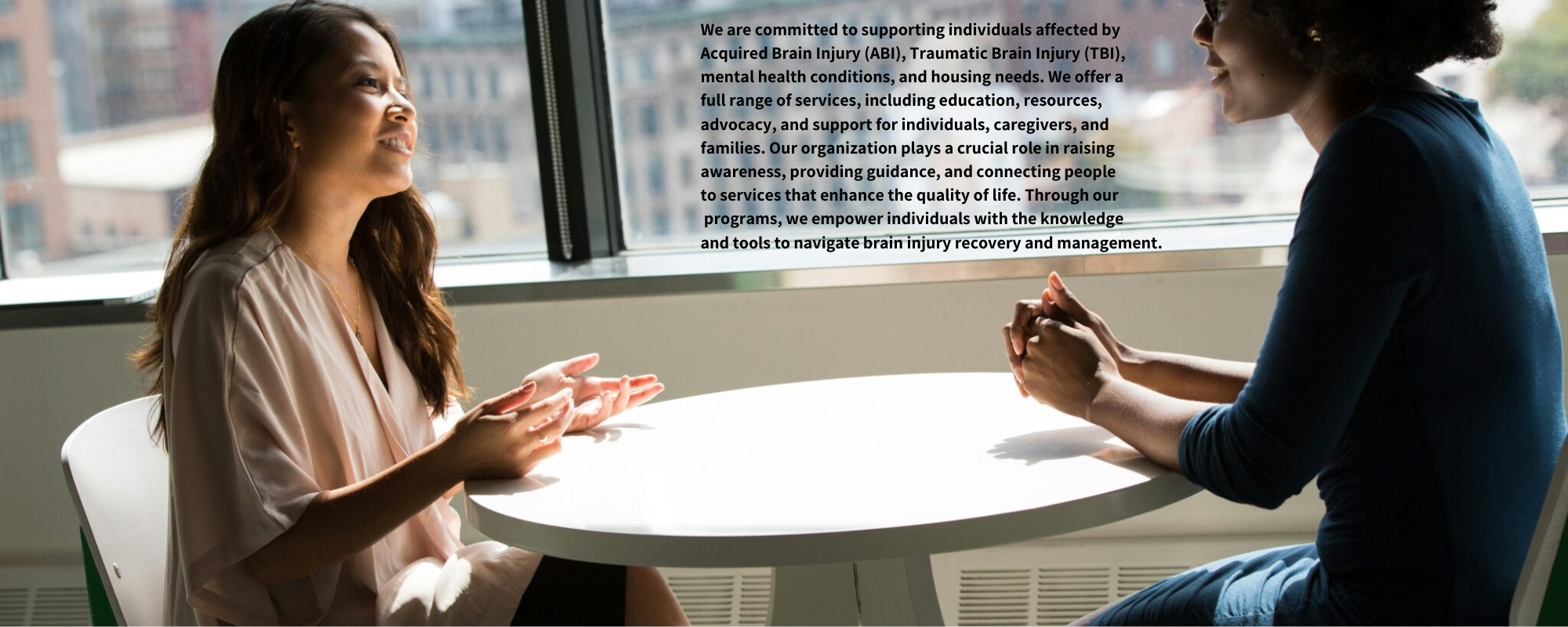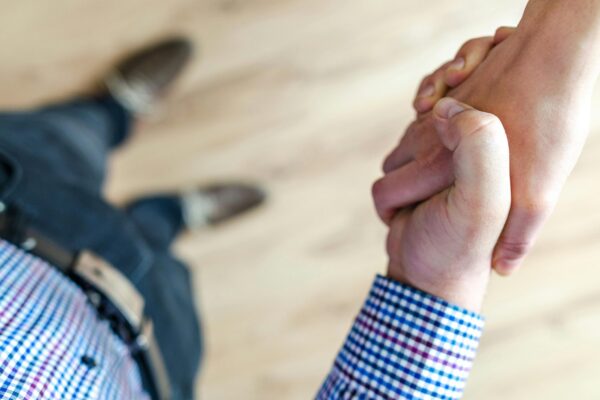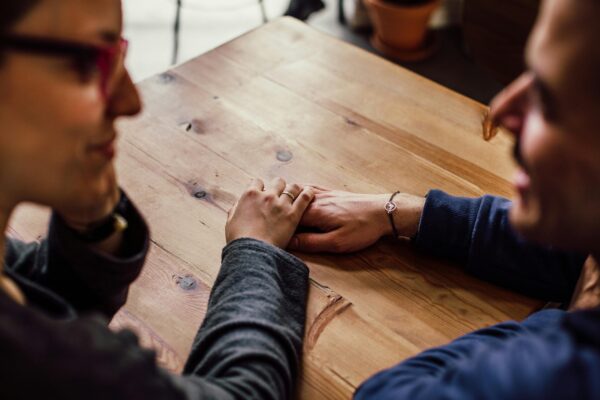C.H.'s SURVIVAL STORY
A few years prior to his accident, C.H. was involved in many extracurricular activities at school, such as student council, basketball, and baseball. Growing up, he spent a lot of time with his family in the outdoors and playing baseball. And although he hasn’t played since the accident, the supports he received at the South Okanagan Similkameen Brain Injury Society (SOSBIS), specifically, the benefit of receiving orthotics to help him stand up straight, has made him hopeful that he can pick up playing sports again.
On October 18, 1996, C.H. was driving home to Hedley from a job in Princeton B.C., when he was involved in a motor vehicle collision that changed his life forever. He was not expected to survive when he was taken to a Vancouver area hospital; yet after 27 days in a coma and a few months of rehabilitation at GF Strong, he began to heal at a rapid pace while learning strategies to cope with his brain injury. Early into his recovery, a staff member from SOSBIS reached out to him. He continues to struggle with memory, organization and feels that he doesn’t always know where he “fits in.” Always an avid outdoorsman, he remains physically healthy and loves to walk. C.H. continues to use strategies such as writing important information and appointments in a notebook to help keep on top of his appointments. A very positive person, C.H. often expresses his gratitude for the support and services he has received, such as connecting to community services, advocacy, and assistance with paperwork. He has also volunteered his time to help at SOSBIS events. “You just have to put a smile on your face when you leave home,” he said. One of his greatest accomplishments is that he attended Kwantlen Polytechnic University post injury, and has had steady employment for 25+ years.
G.W.'s SURVIVAL STORY
G.W. worked in construction and retired at age 55. He was a very active person and physically healthy. He was an avid golfer, who also enjoyed kayaking, biking, sea-dooing and four-wheeling. During the winter months, he spent his time down-hill skiing.
G.W. remembers being home when his stroke happened. His speech was impaired and he remembers that his right side was weak. His wife took him to the hospital, where he fell out of the jeep. He remembers that there was snow on the grass, which luckily cushioned his fall. He was promptly put in a wheelchair. The next memory he has is when he woke in the ICU of a different hospital, 2 days later.
For him, the most difficult challenge is Aphasia. Aphasia is a disorder that affects how you communicate. It can impact your speech, as well as the way you write and understand both spoken and written language. Aphasia usually happens suddenly after a stroke or a brain injury (Staff, 2022). He could not read the alphabet or communicate 3-word sentences.
G.W. is very appreciative of the clinical and support staff at Kelowna General Hospital. Because of those initial supports received, he has made significant improvements. Interior Health Community Physiotherapy in Kelowna referred him to the South Okanagan Similkameen Brain Injury Society (SOSBIS) in Penticton for ongoing community-based support to continue his recovery journey.
He has attended many brain injury/stroke education sessions at SOSBIS and took part in the Writing out Loud group to practice writing and speaking. G.W. also participates in the Brain Buddy Network, an initiative from SOSBIS’s Brainstormers, a volunteer group of survivors that are ready to give back to the community and make a difference to those more recently affected by stroke or brain injury. A Brain Buddy Network volunteer phones him 2-3 times per month to share a conversation and common experiences when recovering from stroke. The Network also provides a safe space to talk openly about challenges and successes. G.W. expressed that he likes the “stroke buddy who calls him weekly because he gets to practice his vocabulary with them.” These phone calls are integral to the healing process. This is where buddies connect and truly feel heard and understood because of their shared experiences.
When asked if there was anything else he would like to share, he added, “my story is not so much what happened to me, but what I can do now. I can take a shower and get dressed myself. I can make my bed and vacuum to help out around the house.”



